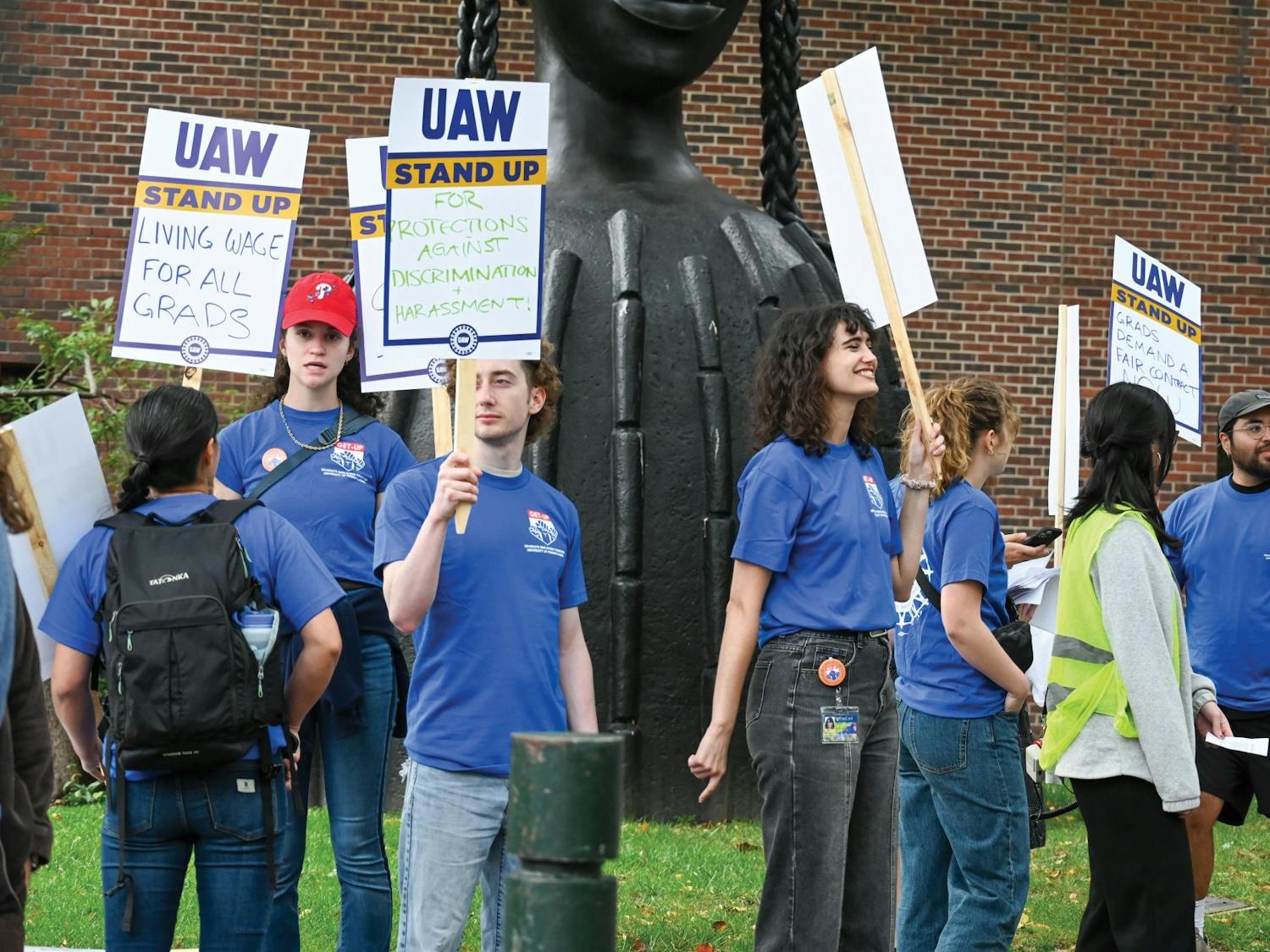But James M. Wilson and his team maintain that they are not responsible for the death of 18-year-old Jesse Gelsinger. BETHESDA, Md. -- Facing serious allegations regarding a controversial gene-therapy experiment that ended in the death of an 18-year-old test subject, Penn researchers used a specially convened conference at the National Institutes of Health to defend their research. But the research team for the first time admitted some lapses and publicly apologized for failing to properly communicate with regulators. Yet they vigorously defended including Jesse Gelsinger in the study -- which in September led to the nation's first-known death caused by the promising but still unproven gene-therapy technology. Officials from the U.S. Food and Drug Administration alleged earlier this week that the Penn researchers seriously violated several research protocols during the experiment. Specifically, the regulators accused the research team of withholding information on two serious incidents which preceded Gelsinger's death; allowing the Tucson, Ariz., native to participate in the study despite being too ill; and removing language from their consent form that would have alerted potential subjects to the deaths of animals that underwent similar treatment. Penn's researchers and representatives from the FDA, the agency that oversees the controversial experiment, described their initial findings in separate and uncontentious presentations before NIH's Recombinant DNA Advisory Committee. More than 400 researchers, patients and industry representatives -- as well as members of the national press corps -- showed up for the second day of the three-day meeting, forcing the RAC to move from a conference room to a large auditorium on the NIH campus. James M. Wilson, the director of Penn's Institute of Human Gene Therapy and the lead researcher for the study, said human error on the part of his team was not responsible for Gelsinger's death. Gelsinger died just days after he was injected with a high dose of genes aimed at finding a cure to ornithine transcarbamylase -- or OTC, a disease that prevents the body from properly digesting ammonia. Penn researcher Steven Raper said tests determined that Gelsinger died of "intractable" Adult Respiratory Distress Syndrome after experiencing multiple organ failure. The researchers admitted they should have notified the FDA sooner than they did when two earlier test subjects became very sick after receiving lower doses of the gene therapy, but said there was no way of predicting Gelsinger's response to the treatment. "At no time did we, during or prior to this trial, expect to see what we saw in Jesse Gelsinger," Wilson said. Much of each team's discussion yesterday centered around FDA "stopping rules" -- which require researchers to suspend testing and to contact the FDA if certain situations arise. According to FDA official Tom Eckerman, Penn researchers acted properly in contacting his agency until the fourth group of tests. The study was designed so that the dosage would increase with each progressive level so that if one group responded positively to the treatment, a higher level of the potentially harmful therapy would not have to be used. During the fourth series of treatments, the researchers called the FDA after the first two patients displayed high-level symptoms. But after the next two subjects had significant reactions, Eckerman said the team did not immediately contact the agency. Instead, researchers submitted data for those patients two months later and went ahead to the next dosage level without consulting with the FDA, Eckerman explained. That notification was still given months before Gelsinger received his fatal treatment, according to Penn officials. Gelsinger, the 18th and final patient, was in the sixth set of tests. Raper also argued that Gelsinger was an appropriate test subject, even though the teenager's ammonia levels were higher than the maximum allowed just before treatment. Raper said they were in the necessary range months earlier when Gelsinger entered the study -- which is what the Penn researchers said the regulations require. FDA representatives also reported that Gelsinger received his treatment as the second patient in his series, even though the researchers did not request permission to differ from the protocol requiring that male subjects be third. Both reports raised more questions than they answered about the still-emerging field of gene therapy. "Our hope is we've started a dialogue," Wilson said. RAC members, Penn researchers and FDA officials are using the meeting as an opportunity to make recommendations for further research as well as to examine Gelsinger's death. "We recognize truly the importance of this area," said Kathryn Zoon, director of the FDA's Center for Biologics Evaluation and Research. A RAC working group convened on Wednesday and is expected to make recommendations today calling for tighter federal oversight of gene-therapy experiments. Many of the conference participants expressed hope that scientists will work together to increase standardization between different experiments in order to make data from gene-therapy tests more easily examined and shared. Following Gelsinger's publicized death, several unreported serious or fatal gene-therapy incidents have emerged from other studies. Jesse Gelsinger's father, Paul, who blames the FDA for not overseeing the experiment properly, flew in from Arizona for the conference and spoke passionately about how the death of his son can be transformed into something positive for sufferers of OTC. "We need to keep going that way, people," he said.
The Daily Pennsylvanian is an independent, student-run newspaper. Please consider making a donation to support the coverage that shapes the University. Your generosity ensures a future of strong journalism at Penn.
Donate







